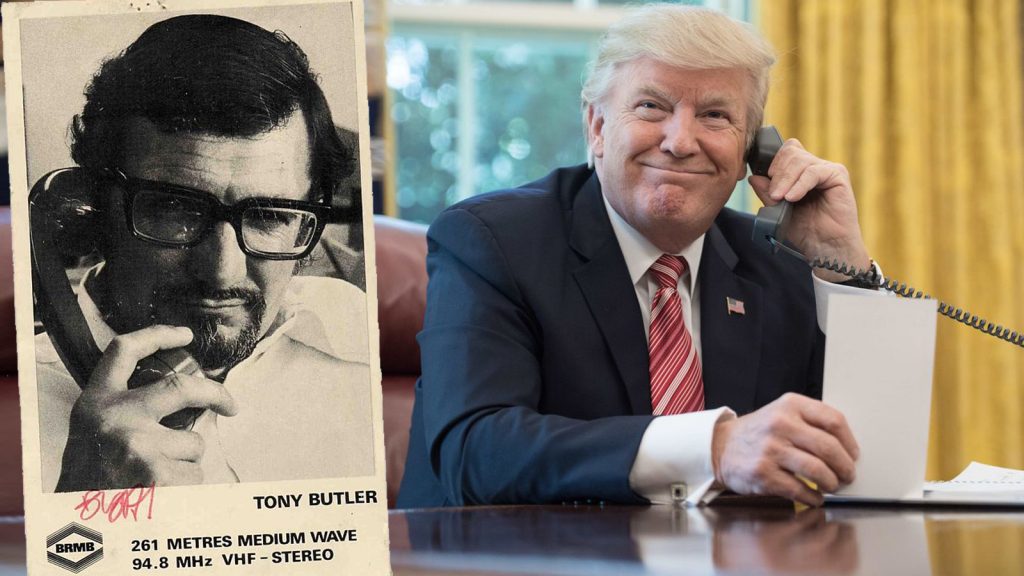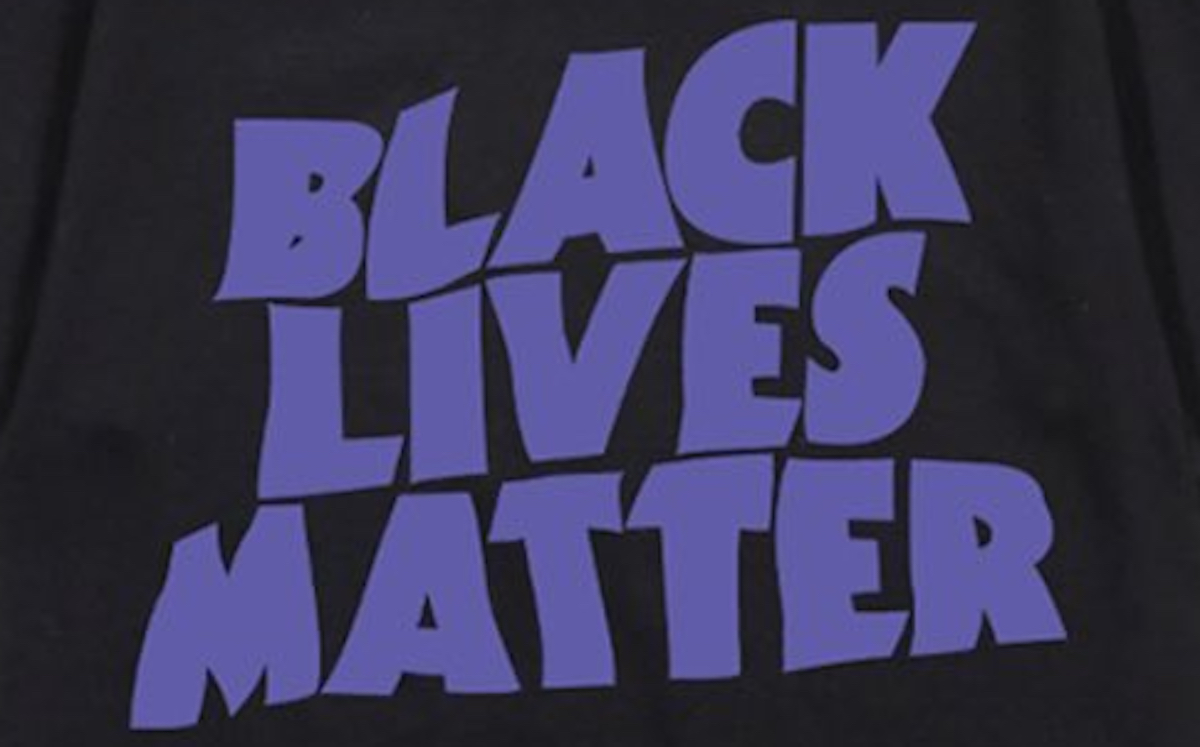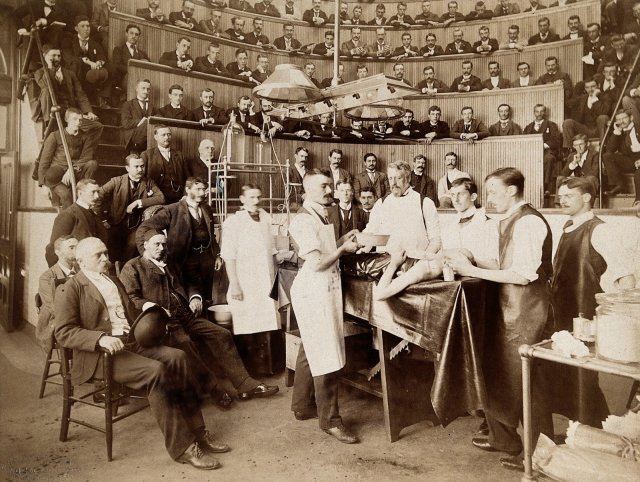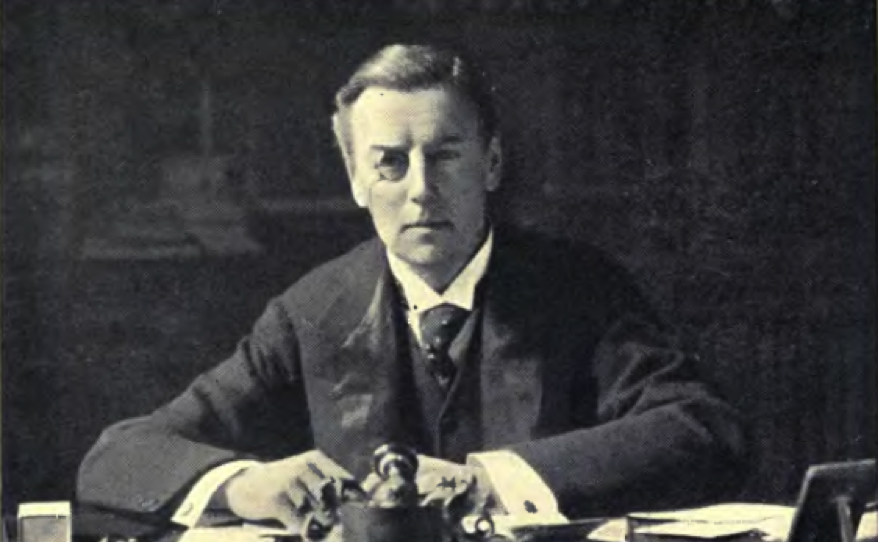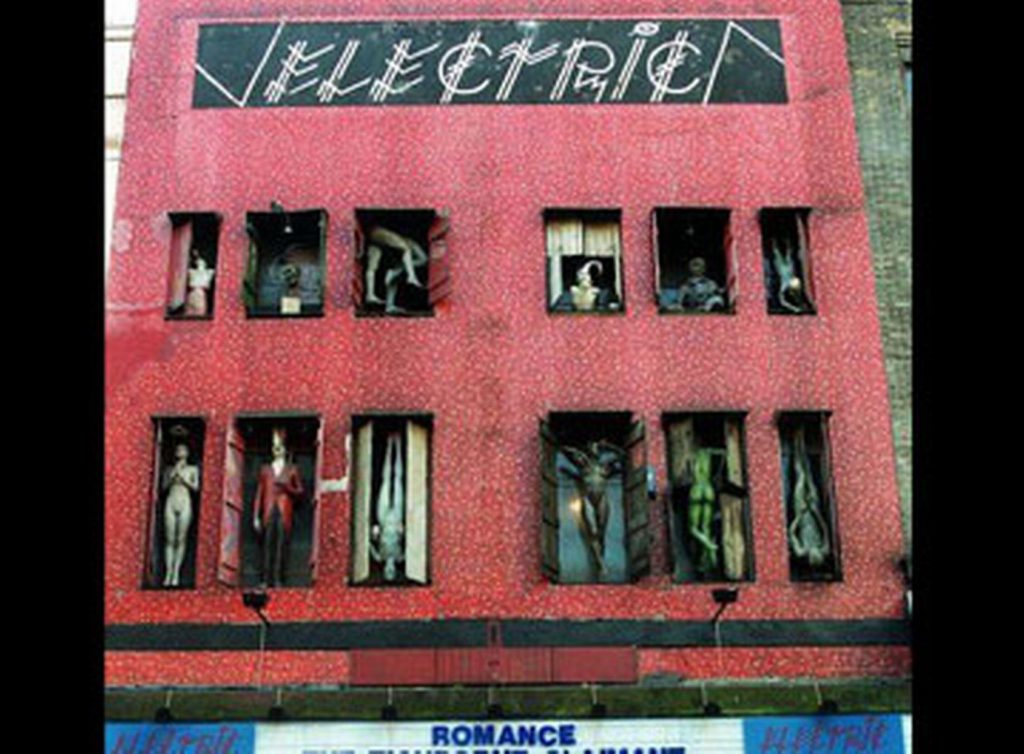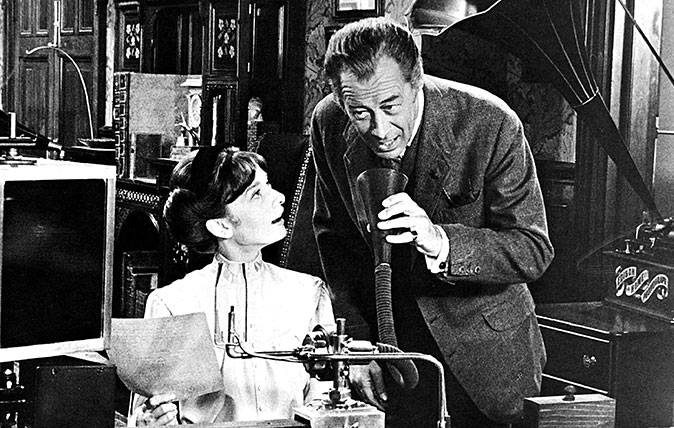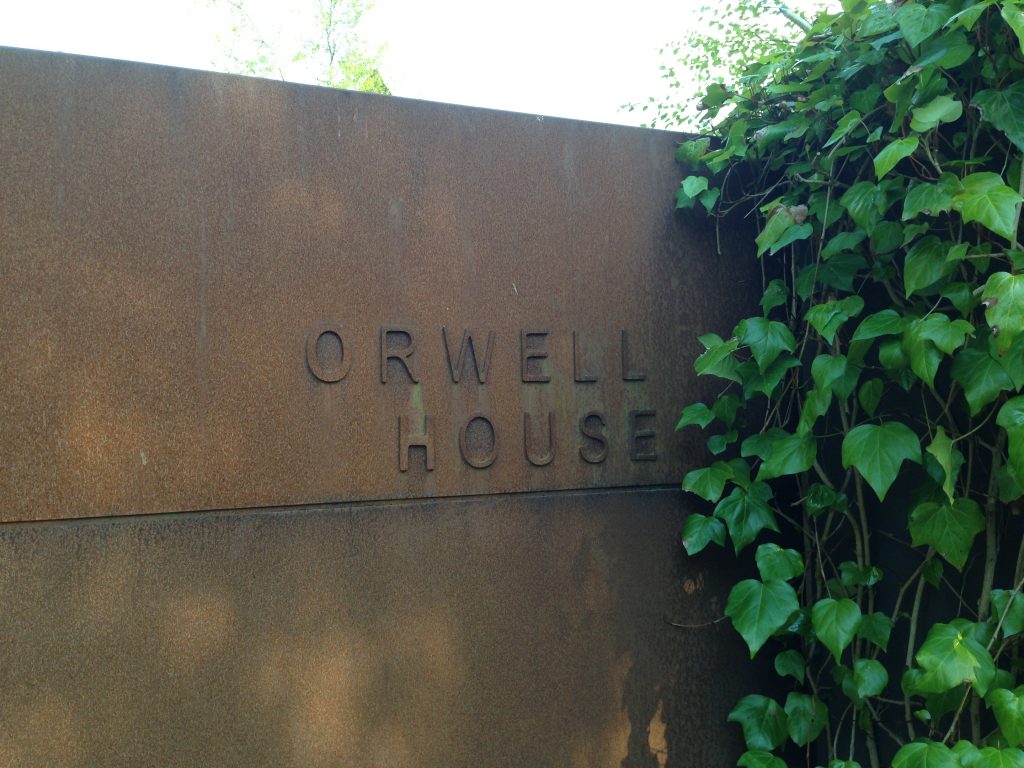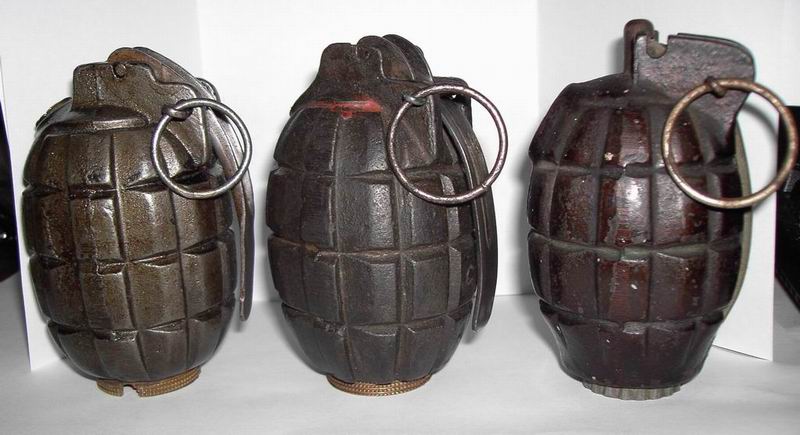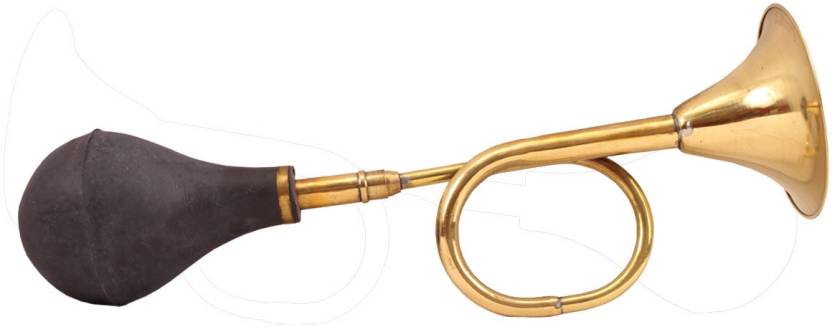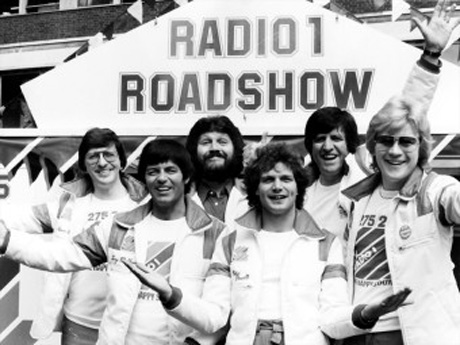
The 1960s, as we’re often told, was a turbulent time. A time of sexual liberation, mind-expanding drugs and endless streams of footage of Twiggy walking down Carnaby Street, and George Best pouring sparkling wine into a pyramid of champagne glasses.
When talk turns to radio, however, the cameras always inevitably turn seawards, a bobbing sea trawler covered in radio masts, swiftly followed by fashionably dressed men staring earnestly at dials and switches, then wheeling their chairs over to pick another seven inch from the rack.
I am talking, of course, about pirate radio, and if you were a hip young thing in the early to mid 1960s, pirate radio was the only way you could listen to pop music over the airwaves. That is, until 1967 when, after pirate radio stations were outlawed by an act of parliament, the BBC split the Light Programme into two stations, BBC Radio 1 and BBC Radio 2, the former having a remit to play popular music.
Radio 1 sprang into life at 7:00am on 30 September 1967, with Tony Blackburn introducing the very first record, Flowers in the Rain by The Move, marking the beginning of the establishment’s acceptance of post war rebellion, and the end of the ’60s.
The Move were, as any fule kno, formed in Moseley in 1966, and the band have a strong Brummie pedigree. Vocalist Carl Wayne went on to star in Brummie wobbly soap Crossroads and lead guitarist Roy Wood later formed Wizzard (and enjoyed having his Christmas dinner at Walsall Rugby Club, though not every day). Bassist Chris ‘Ace’ Kefford was so cool, even the mighty Sabbath were in awe of him after catching a glimpse of him climbing out of a Rolls while they waited for the number 11 bus. Bev Bevan, drummer and Jasper Carrott’s best man, was once told by Paul McCartney that he was a better drummer than Ringo Starr and rhythm guitarist Trevor Burton went on to form Birmingham supergroup Balls (no sniggering at the back there).
It’s often said that the first step you take on a journey sets the tone for the rest of that trip: The Move, for all they were pop stars, were never properly cool, and Radio 1 would never really be either.
Who knows what journey Radio 1 could’ve taken if Tony Blackburn had picked Massachusetts by The Bee Gees (which turned out to be the second track he played) instead of The Move’s opus.
Perhaps the airing of such a middle-of-the-road track would have set the station on the road to cosy conservatism, with Tony Blackburn’s breakfast tenure lasting well into the mid-90s and a young John Major shockingly rising to power in 1979 instead of Margaret Thatcher. Or it could’ve gone the other way, a revitalised rebellion seeing John Peel doing drivetime, and dinner tables across the country being treated to The Fall in session every other Thursday, influencing a socialist revolution and Britain becoming a rock ‘n’ roll utopia.
This is of course all idle speculation, but one thing is certain, we can categorically state that the Tea Cosy’s first choice of record gave a distinctly Brummie twang to a national institution.
